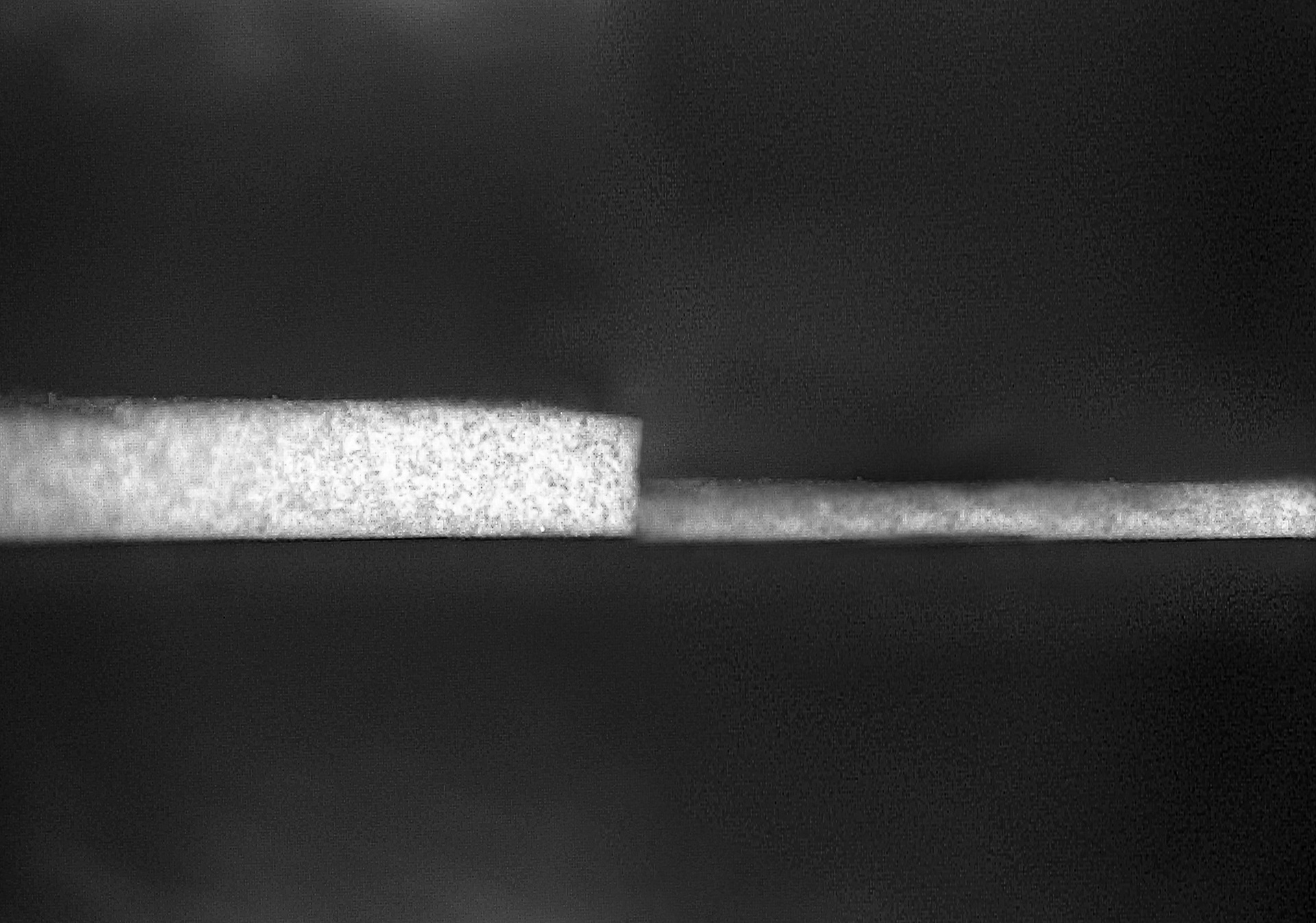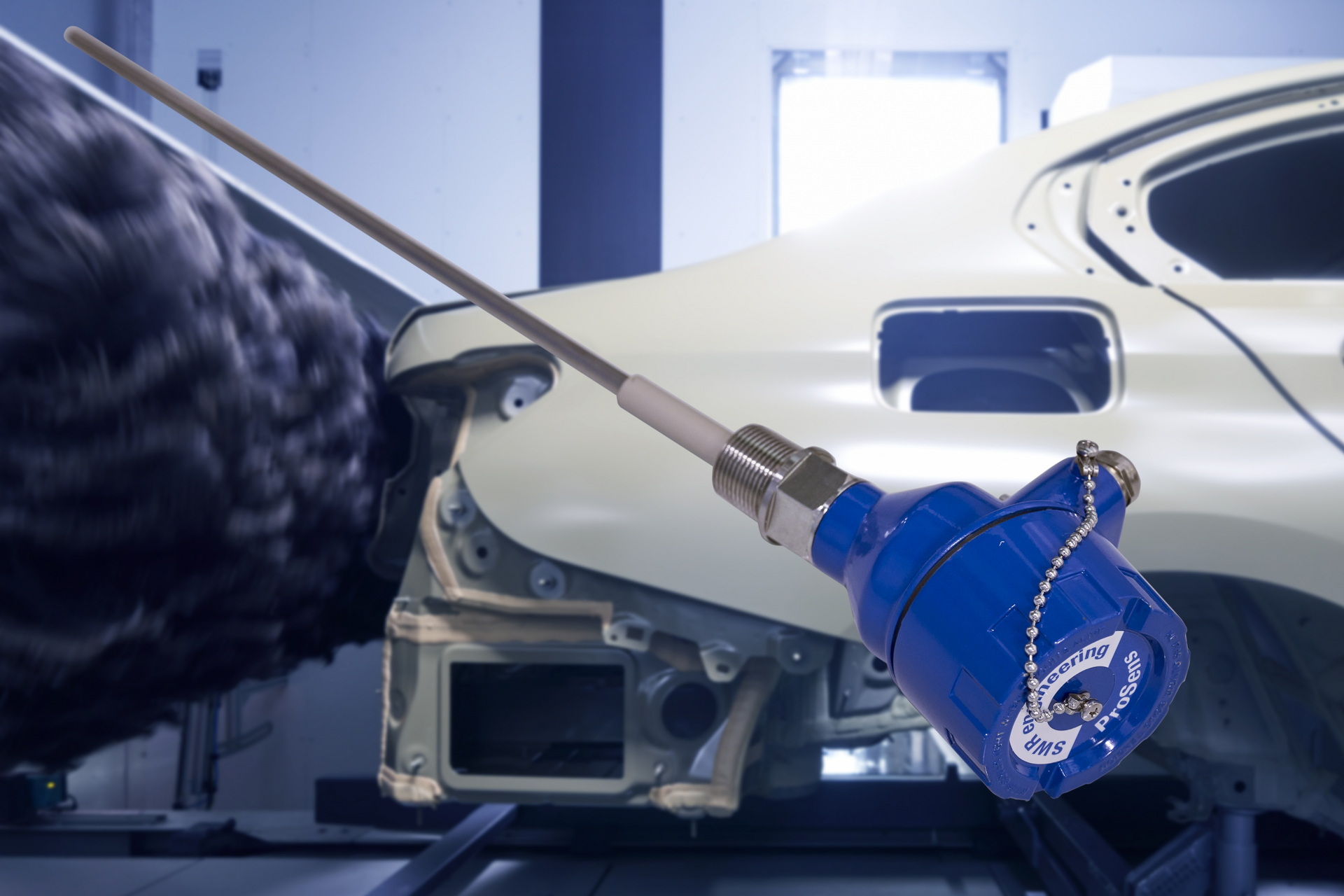- Quick Look at the 2020 Volkswagen Atlas Cross Sport | MotorTrend - March 13, 2024
- BMW Design – 2009 BMW Z4 – 2009 Detroit Auto Show - March 11, 2024
- Top 10 Car Features Women Love - October 7, 2023
New research from Purdue University has helped develop a white paint that has a solar reflectance of 97.9 percent, which can help keep objects painted with it cooler. A development of an older formulation, the paint can now be applied thinly enough to be useful in automotive, aeronautical, and other applications, according to Xiulin Ruan, a professor of mechanical engineering and the developer of the paint.
The team announced an earlier iteration of its highly reflective paint in 2021 but, at the time, the paint needed to be applied in a 400 micron-thick layer. By comparison, the thickness of the paint on the average car ranges from between 100-180 microns, according to Defelsko.
Although it was capable of reflecting 98.1 percent of sunlight, cooling the interior of surfaces painted with it by more than 4.5°C below ambient temperature, the paint was too heavy for applications where lightness is valued, such as in a car.
Read Also: LA Covers 1 Million Square Feet Of Roads Will Special Paint To Cool The City Down

“I’ve been contacted by everyone from spacecraft manufacturers to architects to companies that make clothes and shoes,” said Ruan. “They mostly had two questions: Where can I buy it, and can you make it thinner?”
So, Ruan and his team started experimenting with materials and came up with their latest formulation, which incorporates hexagonal boron nitride as the pigment. The substance is normally used in lubricants, but it allows the paint to achieve nearly the same reflectance as the original paint, while being in a 150-micron-thin layer.
The new formulation is impressive not just because the hexagonal shape of the boron helps scatter light, but because it also incorporates voids filled with air that helps further reduce the weight of the paint. According to the team, the new recipe weighs 80 percent less than the original while reflecting 99.79 percent as much heat.
“This light weight opens the doors to all kinds of applications,” said George Chiu, a Purdue professor of mechanical engineering. “Now this paint has the potential to cool the exteriors of airplanes, cars or trains. An airplane sitting on the tarmac on a hot summer day won’t have to run its air conditioning as hard to cool the inside, saving large amounts of energy.”
According to the team, the paint is especially useful because unlike other local cooling methods, like air conditioners, once it’s been applied, its use doesn’t emit greenhouse gases. The paint radiates the solar energy into deep space, which effectively mean it sheds the heat off the planet.
The team of researchers is now looking to find ways to sell the paint.
“We are in discussions right now to commercialize it,” said Ruan. “There are still a few issues that need to be addressed, but progress is being made.”

